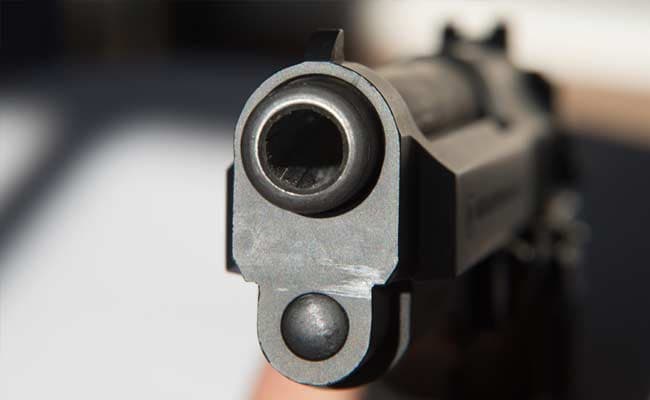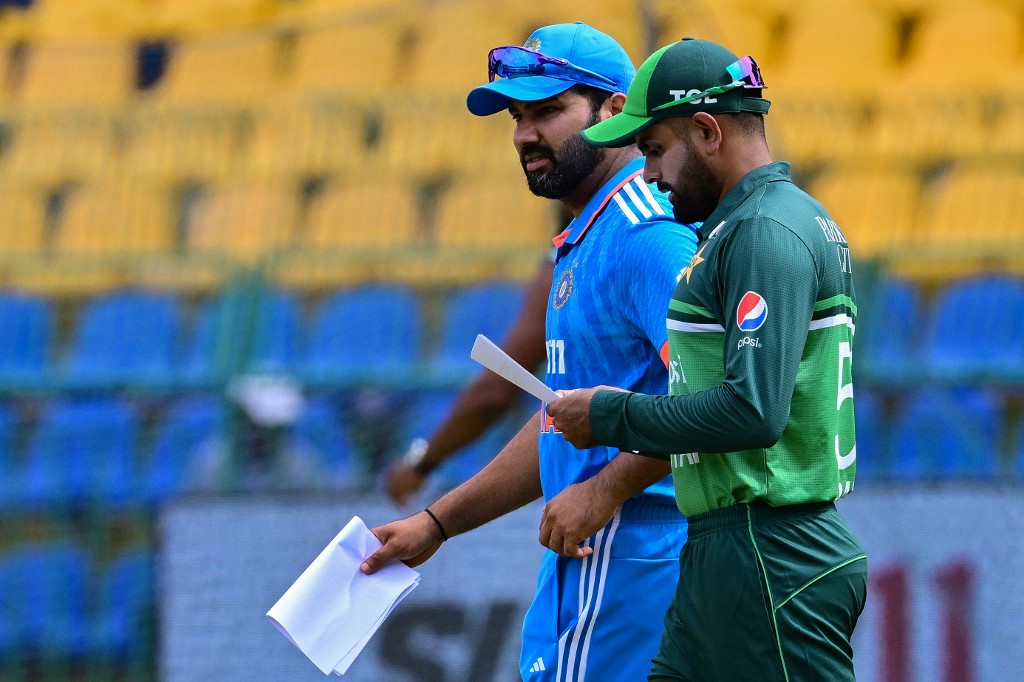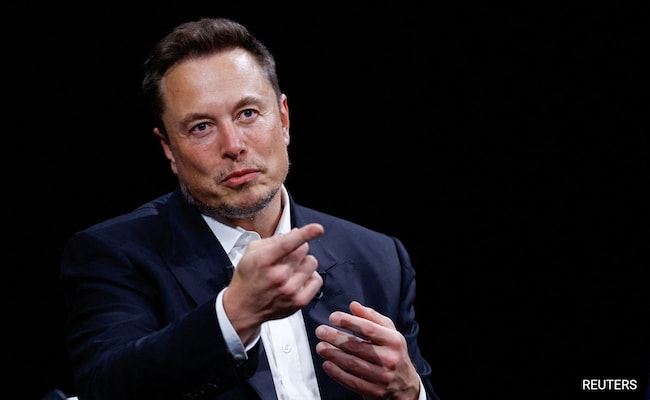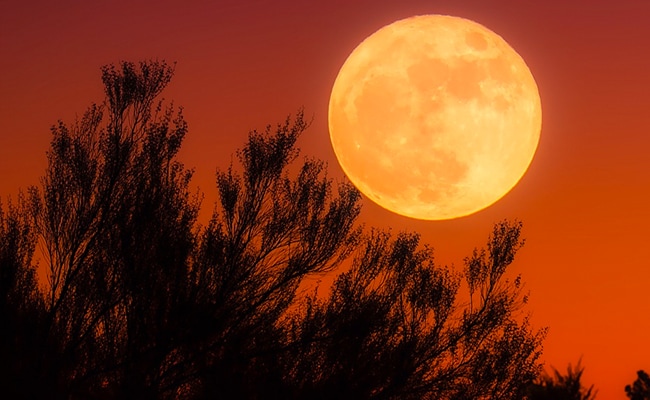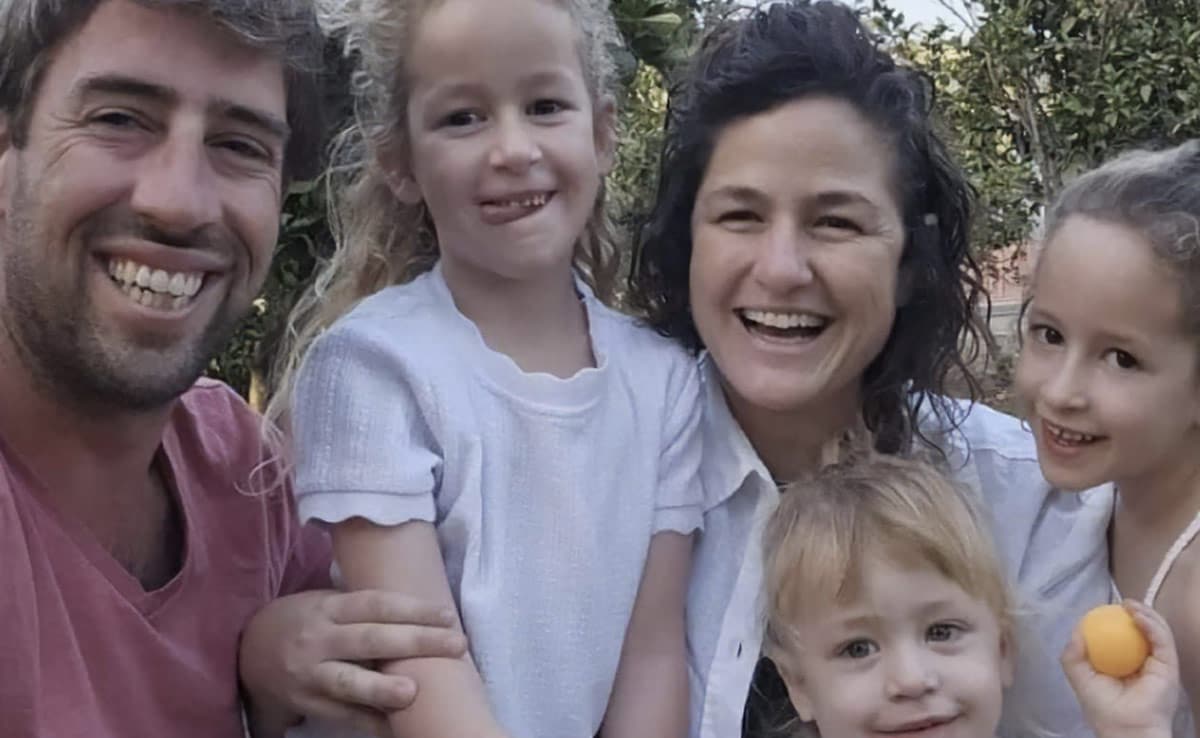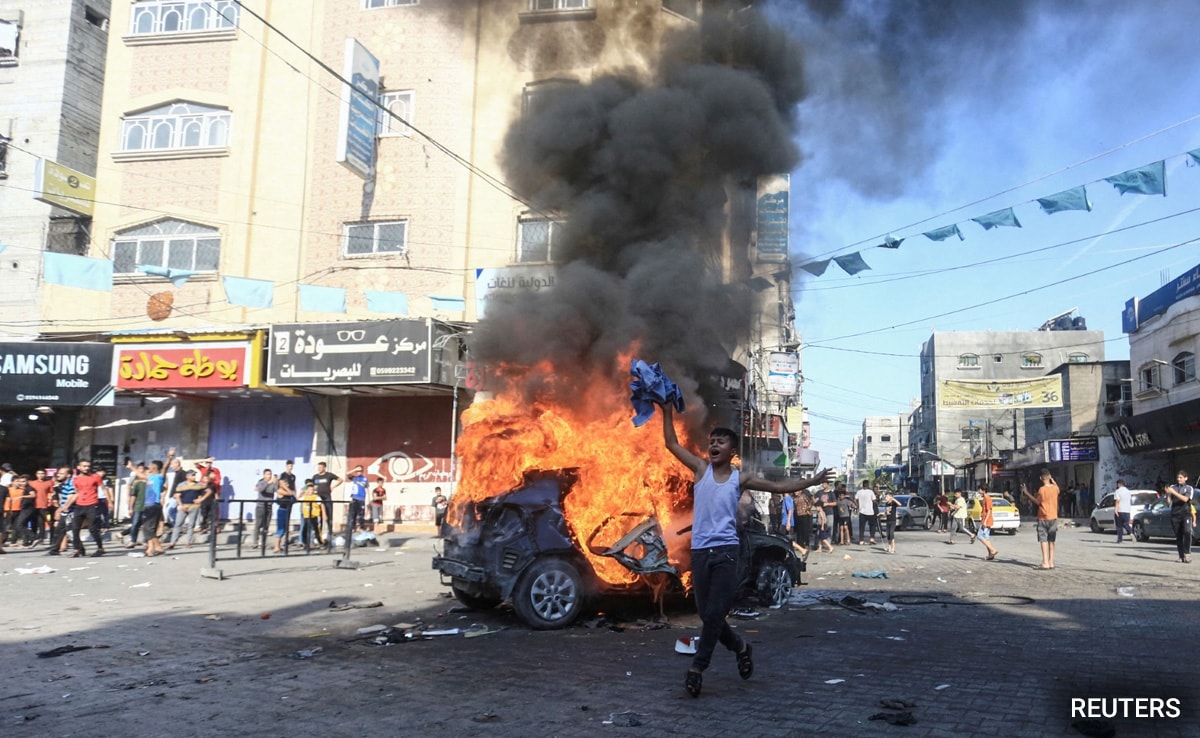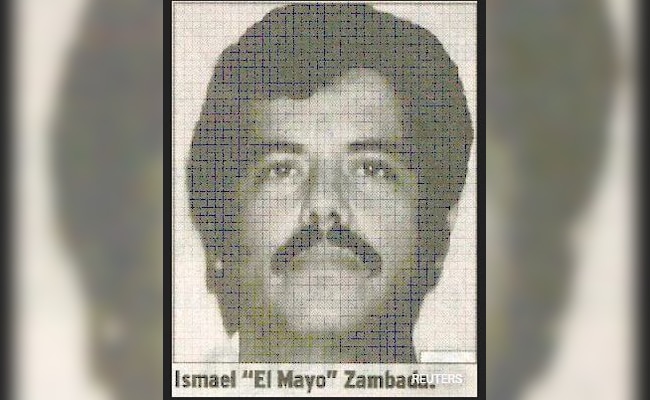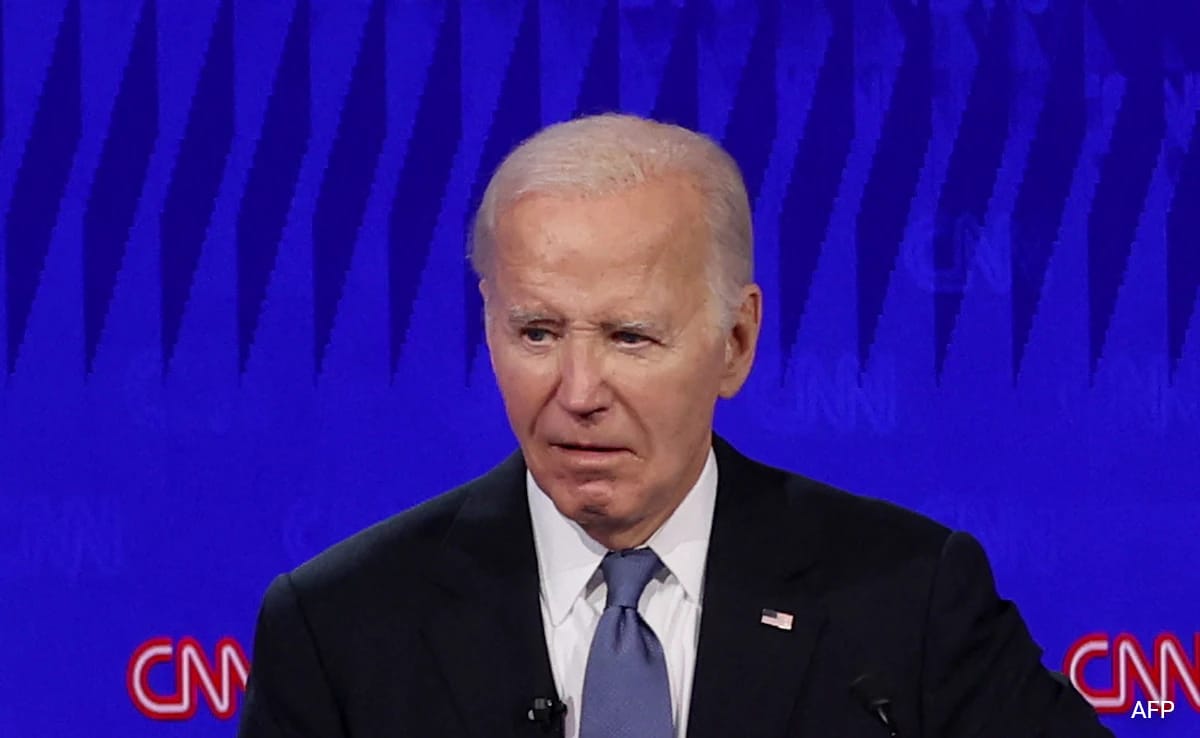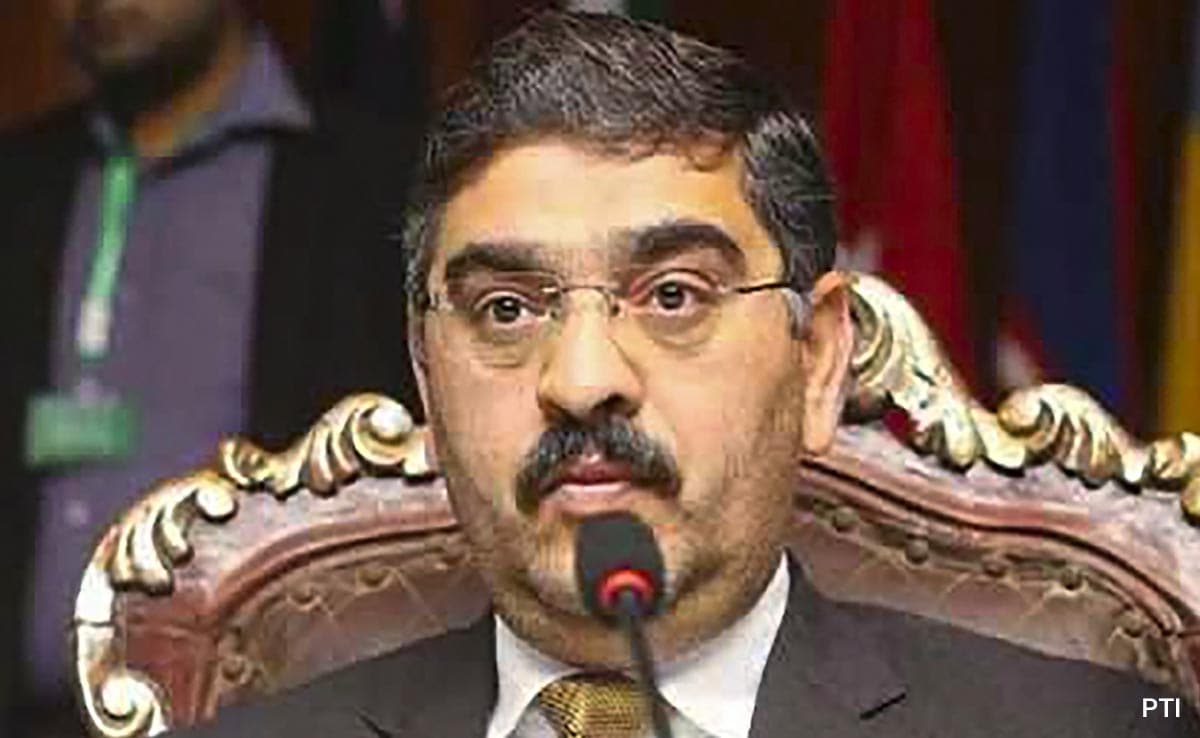Imported cheese from Europe at a supermarket in Beijing, on August 21, 2024.
| Photo Credit: AP
European milk and cheese producers have become the latest target in a simmering trade war with China.
The Chinese Commerce Ministry said on Wednesday (August 21, 2024) that it would launch an investigation into subsidies given by the European Union and EU member countries for dairy products that could lead to tariffs on their export to China.
The announcement came one day after the EU released a draft decision to finalize tariffs on electric vehicles made in China, in a follow-up to provisional tariffs announced last month. The tariffs have been denounced by the Chinese government and automakers and threaten to set back the industry’s efforts to go global.
The dairy investigation will cover a range of products including fresh and processed cheese, blue cheese and milk and cream with a fat content of more than 10%, a Commence Ministry notice said. It will look at subsidies under the EU’s Common Agricultural Policy as well as those given by eight European Union countries including Italy, Finland and Croatia.
The Commerce Ministry previously opened investigations into European brandy and pork exports at various stages of the EU investigation into Chinese subsidies for electric vehicles. The tit-for-tat investigations have raised fears that a full-blown trade war could be gradually emerging.
“Regrettably, the use of trade defense instruments by one government is increasingly being responded to seemingly in kind by the recipient government,” the European Union Chamber of Commerce in China said in a statement.
China also filed a complaint with the World Trade Organization after the EU announced the provisional tariffs on China-made EVs. The EU Commission said Tuesday (August 20, 2024) that it is confident that its investigation and provisional tariffs comply with WTO rules.
The EU’s draft decision on final EV tariffs made mostly minor modifications to the provisional rates. Autos exported by BYD, the largest EV maker in China, would face a 17% tariff, while those from Shanghai-based SAIC Motor would be hit with the highest rate of 36.3%. Tesla, which exports autos from China, was given a tariff of 9% “at this stage” after it requested an examination of the specific subsidies it had received, the EU Commission said.
The tariffs are subject to the approval of the EU member states. A final decision must be made by early November, four months after the July 5 effective date of the provisional tariffs.

